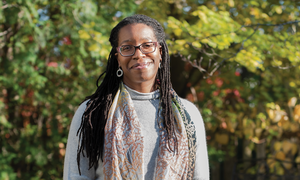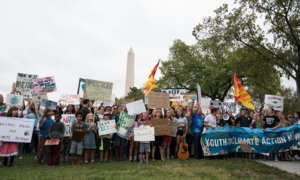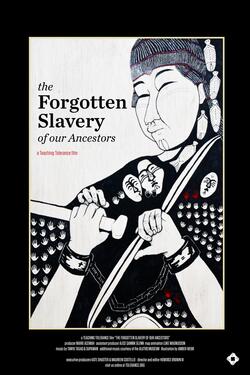text
Informational
Rescue Mission
American Indian tribes across the United States are working to revive their lost languages.
July 7, 2014



Teach students an accurate and more complete history of Native and Indigenous peoples in celebration of Native American Heritage Month—and all year long! Including information from experts at the Smithsonian National Museum of the American Indian, these LFJ resources can help.